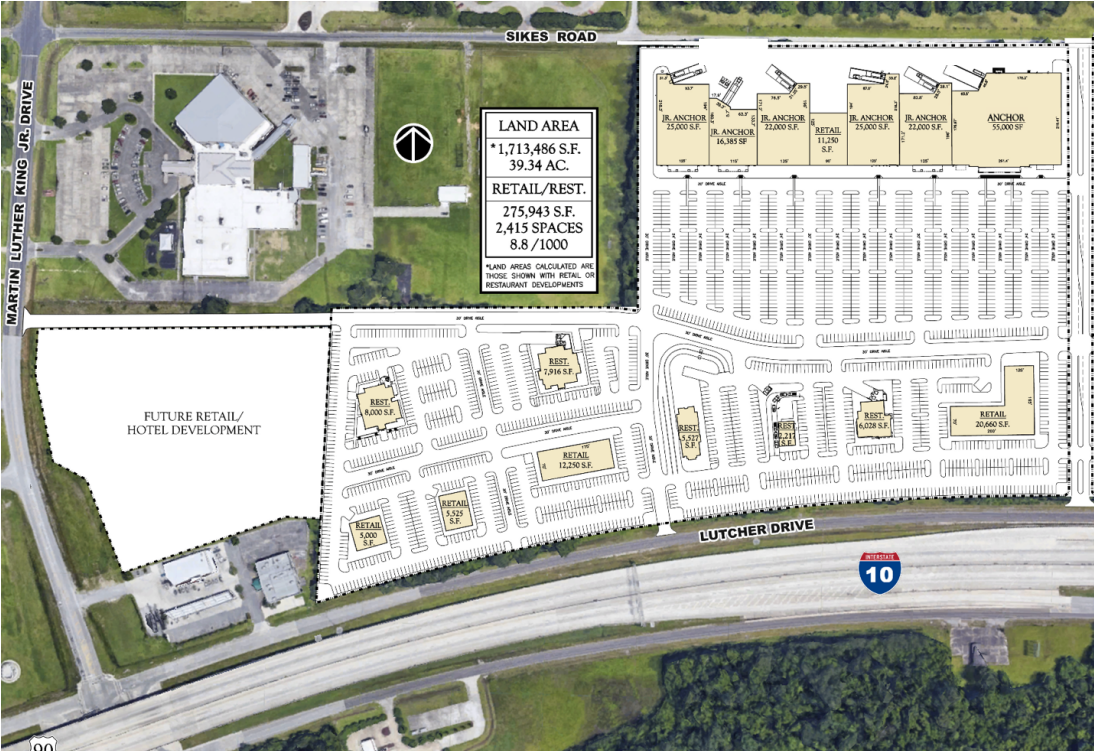How Texans Can Volunteer and Donate Responsibly
Published 11:58 am Wednesday, January 20, 2016
AUSTIN, Texas — In the face of disaster, Texans have always come together with courage, compassion and unity to ask, “How can I help?”
If you want to volunteer for disaster work, there are many tasks to do after a disaster— cleaning-up and rebuilding are two of the biggest. The Federal Emergency Management Agency (FEMA) suggests that volunteering through a local voluntary organization may be the best way to find meaningful volunteer work after the disaster.
Such organizations are often in the best position to know about opportunities for volunteers in the long and difficult recovery phase. In addition, volunteering through an established organization provides a better chance of having insurance and liability protection when you work as a volunteer.
Trending
The Texas chapter of National Voluntary Organizations Active in Disaster (VOAD) is a good source of local organizations in need of volunteers. Texas VOAD represents more than three dozen faith-based, community, nonprofit and non-governmental groups that include volunteer engagement as a key component of their operations.
For a complete list of these organizations, with links to their websites, visit Texas Voluntary Organizations Active in Disaster.
In the immediate disaster response period there are often many people who want to volunteer at the same time. Remember to be patient. It may not be clear until days after the incident how volunteers can get involved. There are often greater needs for volunteer help when the community enters the long-term recovery period.
Texans can learn more about volunteering and the benefits of volunteering during a disaster by viewing a video at http://www.fema.gov/media-library/assets/videos/112533.
If you cannot volunteer your time or talent, FEMA officials say making a donation to an organization involved in disaster recovery is a sensible, efficient way of helping the people in need. Cash contributions to voluntary organizations make good sense for a number of reasons:
- Financial contributions help ensure a steady flow of important services to disaster survivors in need;
- Local organizations spend the money in the local disaster area, accelerating recovery of the local economy;
- Cash donations—rather than unsolicited donated goods—avoid the complicated, costly and time-consuming process of collecting, transporting and distributing the goods, and
- Cash donations to recognized relief organizations are tax-deductible.
Showing up at a disaster site unexpectedly can create an additional burden for first responders. Volunteering and donating through existing channels, and making responsible decisions that do not hamper the recovery, is the best way to be of service.
Trending





